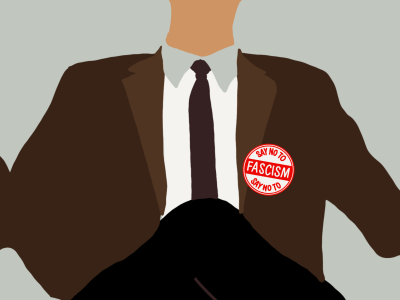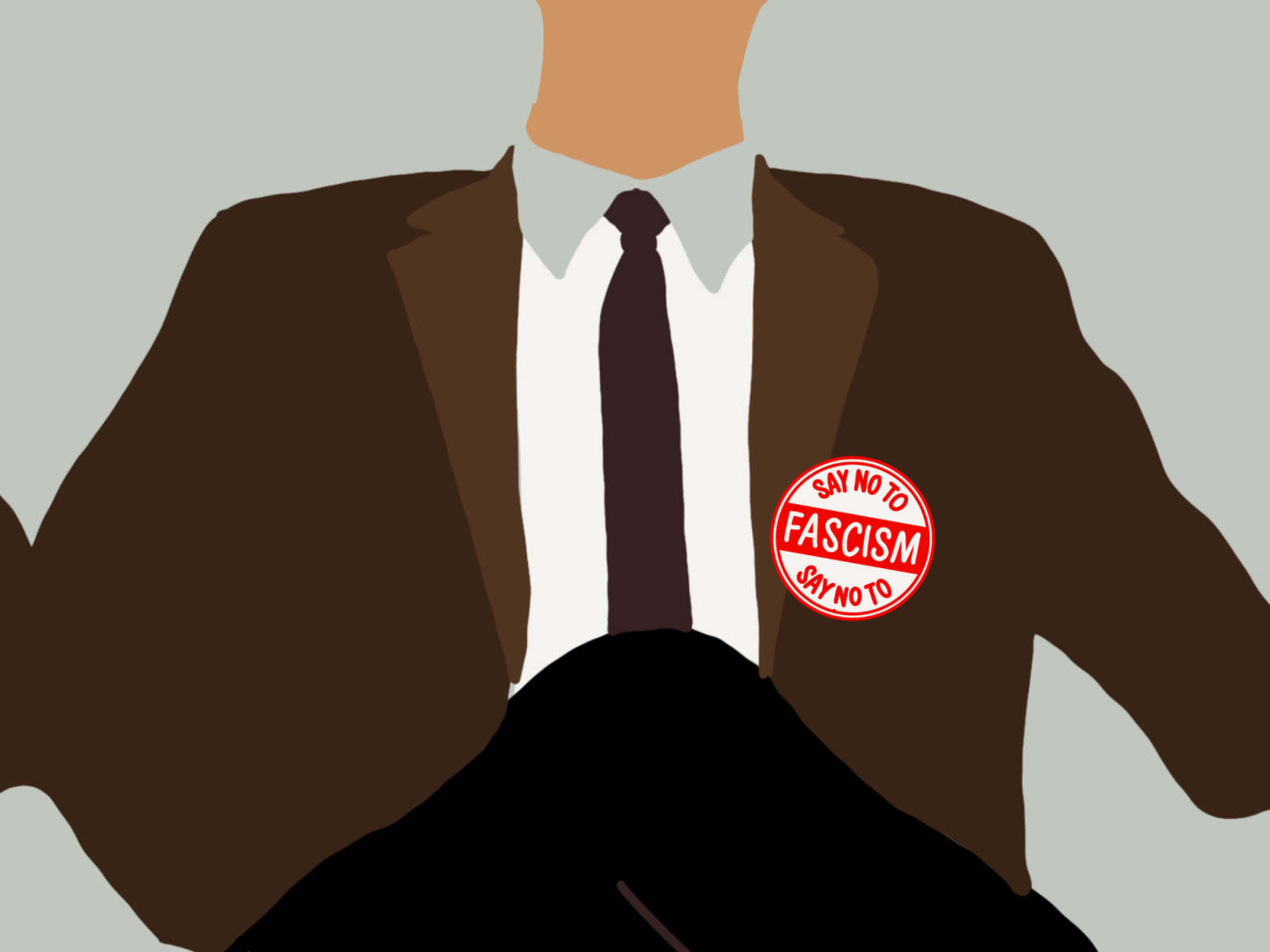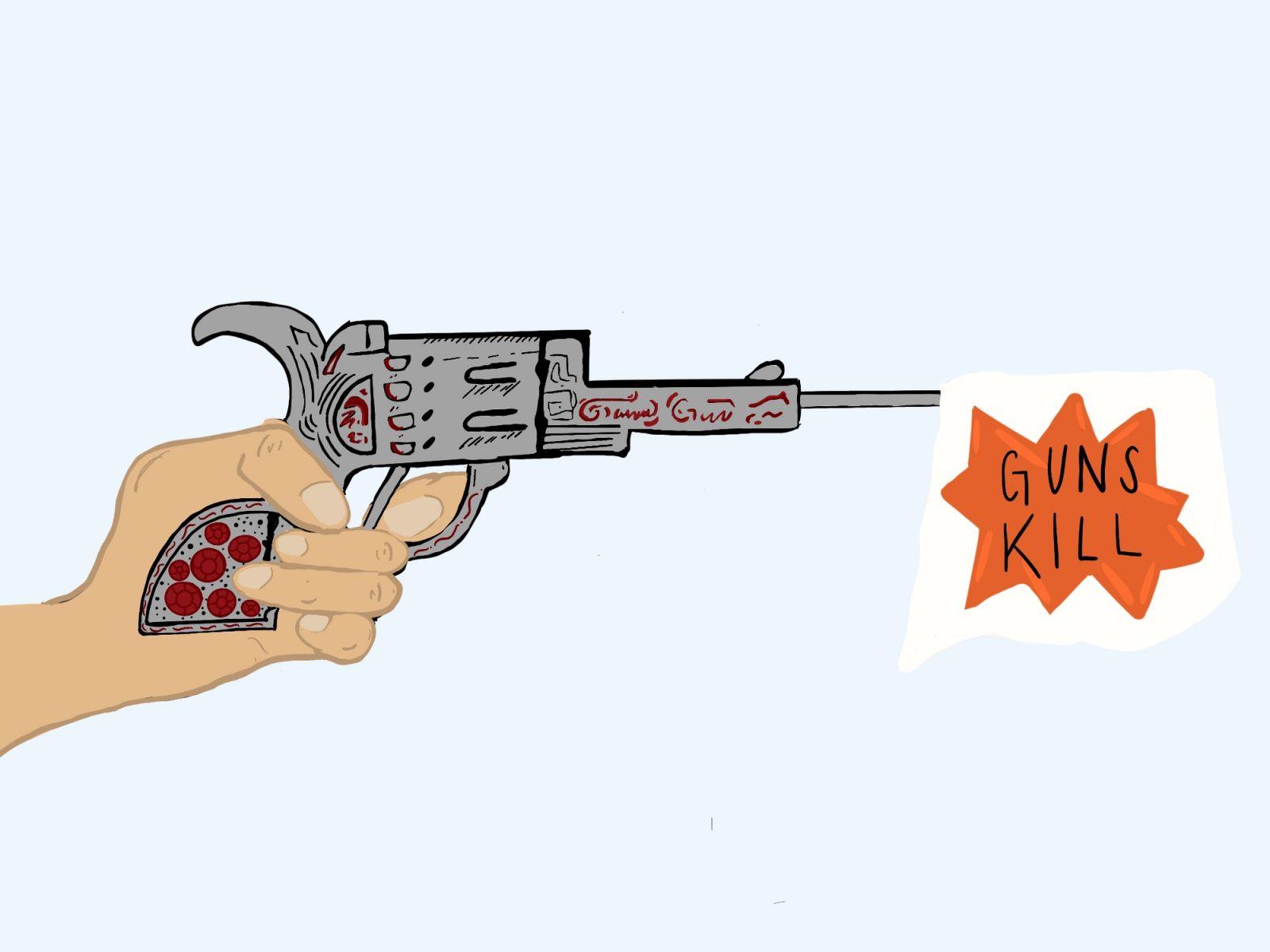In the United States, a superpower in its twilight days in which the roots of rabid racial supremacy, fervent nationalism and virulent anti-communism run deep — the specter of fascism looms.
But what does fascism actually mean?
Hitler and Mussolini were fascists, but fascism is more than just the Axis Powers during World War II. Alongside liberalism and socialism — fascism was one of the most influential ideologies in shaping the twentieth century and our present world.
Ultimately, every definition of fascism is ideological and subjective. Still, we mustn’t let this deter us from taking the intellectual leap to define and understand it. If we cannot name something, we will not recognize when it once again rears its ugly head.

Fascist movements and regimes of both the past and present have inspired and emulated one another’s beliefs, practices and aesthetics in order to create a genuine political phenomenon with identifiable characteristics. Even if every movement that has been called “fascist” may not exhibit every characteristic equally, or at all, there are diagnostic traits that the majority share.
The most important criteria of fascism are authoritarianism, militarism, ethnonationalism, xenophobia and using minority groups as scapegoats. Some other common tendencies include coming to power through democratic structures, territorial expansion as well as occult-like worship of the nation and a glorified national past.
The specificity of this constellation of traits begs another question. Now that we’ve defined what fascism is, why did fascism come into existence? Why do so many movements consistently embody this archetype?
Asking about the “why” behind fascism is a much more political question than just asking what it is. But it is also a historical one, and when you analyze the trends a clear pattern emerges.
Fascists are parasites. Fascism emerges from perverting and co-opting popular discontent during times of downturns and declines. When the moment is right fascists jump in to convince people to surrender their liberty for security by vesting full control in the power of the state.
Every fascistic movement has accomplished this in a peculiarly specific way: misdirection and mystification. Just like how a parasite is unwise to kill its host, fascism can never solve the problem it was given power to fix, which is why it’s characterized by an irrational hatred of certain groups who are blamed for all society’s ills.
This also speaks to a kind of psychological aspect necessary for fascism. A decline in the standard of living and national prestige — a situation fascism festers in — usually creates feelings of fear and humiliation in the population, which fascists then prey upon. Fascism often specifically appeals to men who have been made to feel emasculated by not being able to support themselves or their families and who are drawn to fascism’s promise to restore their power and manhood by providing an “other” whose destruction will vindicate them.
The common denominator across all fascist movements, however, has been scapegoating and hatred toward socialists in any form.
The name that the Axis powers actually referred to themselves by was the “Anti-Comintern Pact” (Comintern being a shortening of “Communist International”.) Socialists were the first to be thrown into the concentration camps. And “Judeo-Bolshevism,” the belief that the Bolsheviks and worldwide socialist movements were actually the weapons of Jewish global conquest, was the Nazi term for a plot they thought the Jews had hatched.
The fact that socialism is always made out to be the enemy by fascists is incredibly illuminating because socialist ideology tends to become more popular during times of worsening conditions for the working class. If fascism also thrives during these periods of precarity, what keeps creating the conditions for instability?
The answer lies in the fact that almost every successful fascist movement has taken power during times of market failure. The golden age of European fascism surged after the Great Depression when global capitalism was on the verge of collapse.
The Axis powers used their wartime economy to reinvigorate their failing industries, and contrary to seizing the means of production — as the name “National Socialist” would suggest — the Nazis actually hugely assisted corporations and protected the power of the capitalist class who in turn had also helped the Nazis rise to power.
Because our capitalist system is locked in never-ending cycles of booms and busts due to a death wish for infinite growth on a finite planet, scarcity will continue to exist, allowing fascism to claw its way back to power. Fascism is literally capitalism in decay.
However, we will have to discuss why I believe that may be in the next edition of Hard Right Turn!






















































































































